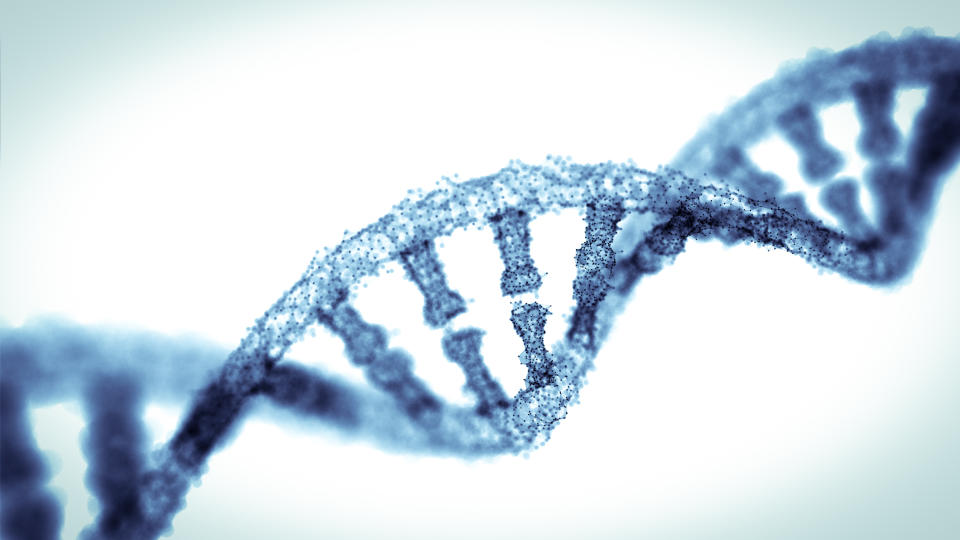NIH Wants to Build a Gene Database With Your DNA

Genetic testing has a promising future, but the results are only as accurate as the data used to produce them. For example, ancestry data gleaned from your DNA might be wildly inaccurate if you hail from a place where not many people have been genetically tested. You may find out if you have a genetic disease only if lots of other people with that disease have been tested.
This is one of the biggest hurdles to implementing routine genetic testing in medicine: It’s really expensive to build this kind of genetic database. Potentially thousands or millions of people need to be tested before a genetic test is useful enough to be used as a diagnostic tool.
That’s why the National Institutes of Health is going to build that database itself. According to the Washington Post, the NIH is planning to invite Americans to submit their genetic information, where it will be gathered into a database to improve genetic testing throughout the country.
This plan has been in the works for a while, starting in 2015 as the Precision Medicine Initiative. The goal of the program is to collect genetic data from a million Americans and use that data to redefine how medicine works. Three years later, the cost of genetic sequencing has fallen low enough that the NIH can finally start the process of gathering that data.
Starting in the spring, the NIH will begin collecting genetic information from thousands of Americans. This database will allow researchers to find new genetic risk factors for cancer and other diseases and better diagnose and treat the diseases people already have. In return for submitting their genetic information, volunteers would get access to the results of their own genetic test.
The NIH hopes that all one million genetic samples will be collected by 2022, although it might take longer for all those samples to be sequenced. A full genetic sequencing still costs hundreds of dollars, which means fully assembling a database this size won’t be affordable for a while. But when it does, it could change medicine forever.
You Might Also Like
